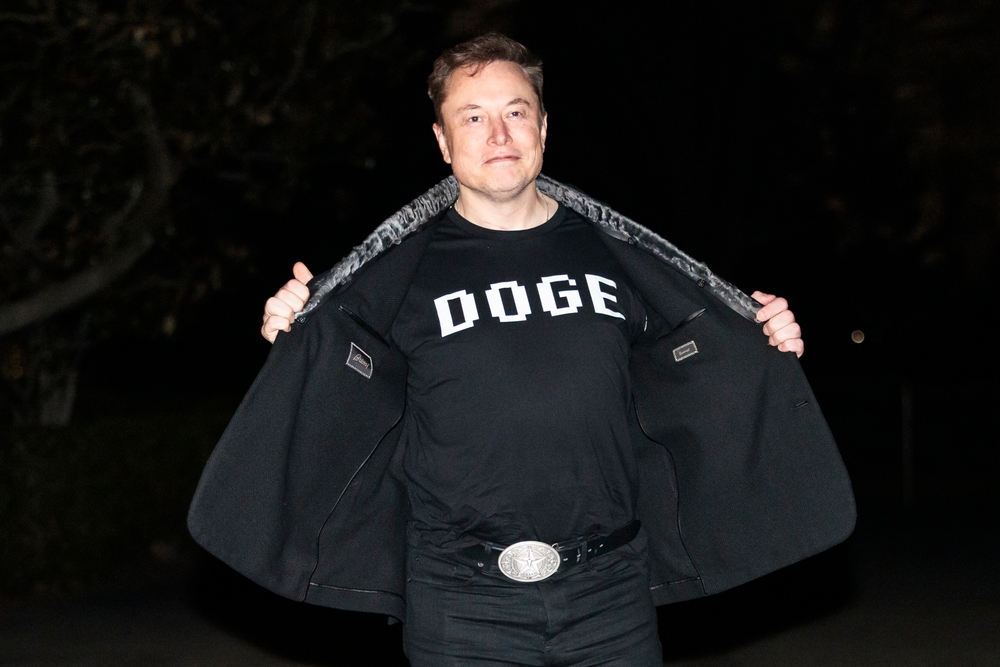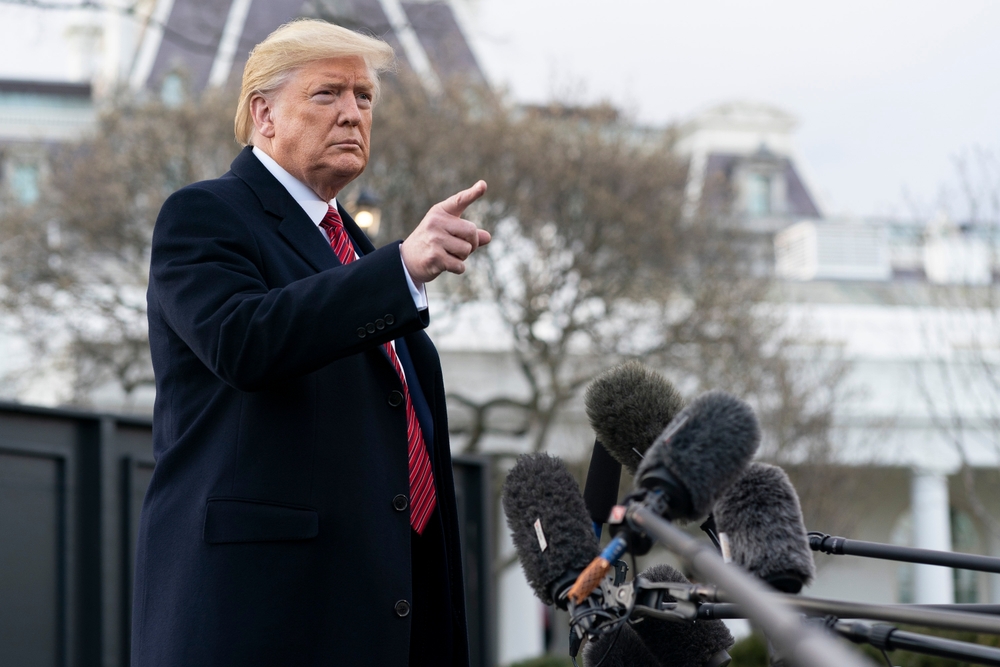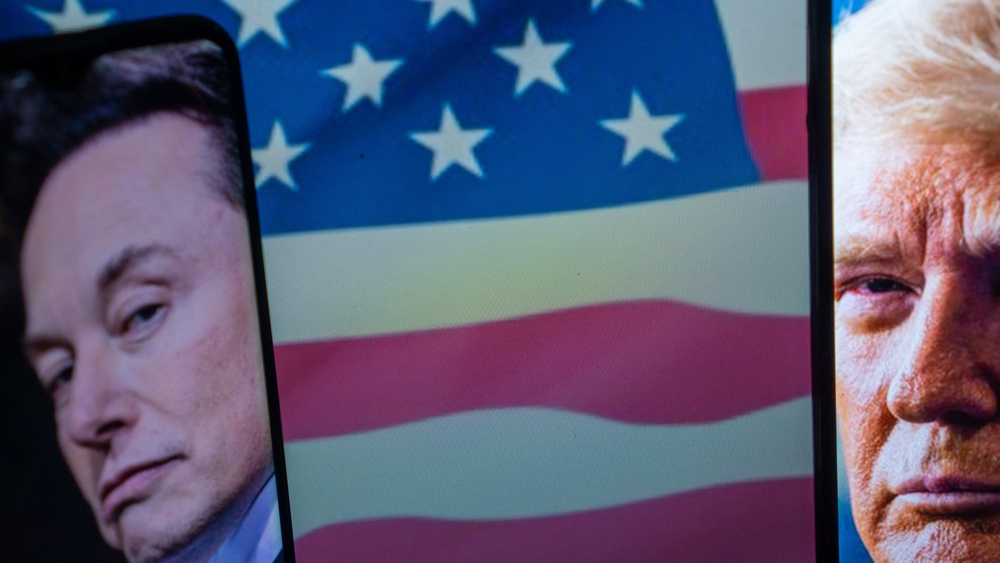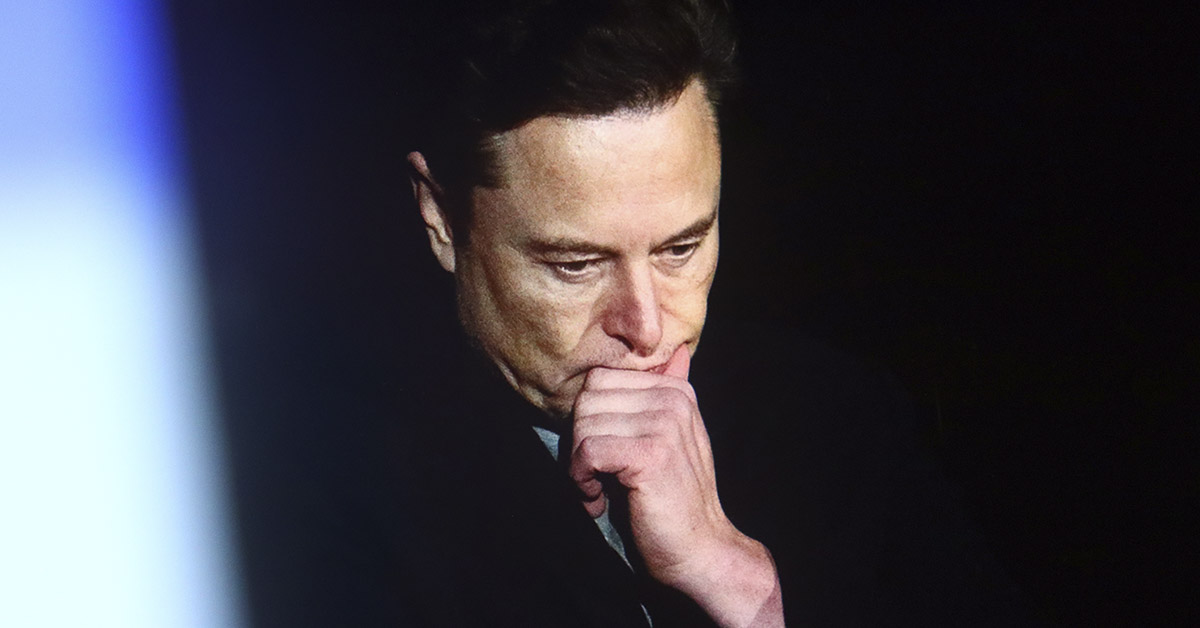President Donald Trump has reignited his long-running feud with tech mogul Elon Musk, and this time, he’s taking things further. During a recent exchange with reporters, Trump casually suggested he might try to deport Elon Musk from the United States. His remark came shortly after Musk slammed the GOP’s “Big Beautiful Bill,” calling it a “disgusting abomination” that would add trillions to the national debt.
Although Trump’s comment may have sounded like a joke, many took it seriously. After all, he hinted at using federal resources to investigate Musk and punish him for his criticism. That kind of response raised concerns across legal and political circles.
Musk, CEO of Tesla, SpaceX, and other major companies, isn’t new to controversy. But Trump’s public suggestion that the government could remove Elon Musk from the country pushed the feud to an unprecedented level. Their clash highlights growing concerns about political retaliation, the abuse of power, and the cost of public dissent.
From Policy Clash to Personal Threat
The latest blowup began when Musk criticized the Republican-led spending bill. He accused lawmakers of abandoning fiscal responsibility and putting the country deeper into debt.
In response, Trump didn’t hold back. When asked about Musk’s immigration status, he said, “We’ll have to take a look,” and added, “We might have to put DOGE on Elon.” That comment referred to the Department of Government Efficiency, a federal watchdog agency Trump once promoted.
Rather than address Musk’s concerns, Trump pivoted to threats. He transformed a policy disagreement into a personal attack. By raising the idea to deport Elon Musk, he escalated their feud into something far more serious.
Targeting Musk’s Businesses
Trump didn’t stop at Musk’s citizenship. He also took aim at Musk’s companies. He suggested the government could reexamine the federal contracts and subsidies supporting Tesla and SpaceX.
Additionally, Trump floated the idea of canceling clean energy incentives, programs that help Tesla stay competitive in the electric vehicle market. If implemented, this move would undercut Musk’s business model and damage investor confidence.
Indeed, the market reacted immediately. Tesla’s stock dropped nearly 5% after Trump’s comments. Investors clearly worried about political retaliation. Trump even mentioned that DOGE might investigate Musk’s companies for inefficiency or misconduct. That remark added weight to what many viewed as a coordinated deportation threat, reinforced with financial pressure.

Can the Government Deport Elon Musk?
Despite Trump’s comments, the law doesn’t support efforts to deport Elon Musk. Musk became a naturalized U.S. citizen in 2002. Once naturalized, citizens gain full constitutional protection, including the right to remain in the country. The U.S. government can only revoke citizenship under rare conditions, such as fraud during the naturalization process or acts of treason. Neither applies in Musk’s case.
Nevertheless, Trump’s remarks had an impact. By bringing up Musk’s immigration status, he sent a message. He signaled that even U.S. citizens could face consequences for speaking out.
Legal experts quickly weighed in. Many warned that even joking about the removal of Elon Musk raised serious ethical and constitutional questions. The suggestion blurred the line between leadership and authoritarianism.

Public Backlash and Free Speech Concerns
Soon after Trump’s remarks, critics from both parties condemned his statements. Civil liberties advocates described the comments as reckless and authoritarian.
The Guardian compared Trump’s behavior to McCarthy-era tactics, where leaders punished political opponents through intimidation and blacklisting. Others pointed out that threatening to deport Elon Musk from the U.S. for speaking out undermined democratic values.
Even some Republicans voiced discomfort. They argued that using government authority to silence dissenting voices goes against core American principles like free speech and personal liberty.
Clearly, Trump’s remarks did more than rattle Musk. They also sent a warning to anyone else who might challenge him publicly.

Musk Pushes Back
Despite Trump’s threats, Musk didn’t back down. He reaffirmed his criticism of the GOP’s spending bill and hinted at launching or supporting a third-party movement, the “America Party.” This new political effort would challenge both Trump-aligned Republicans and the Democratic establishment.
Instead of retreating, Musk doubled down. He showed that political intimidation wouldn’t silence him. However, the risks remain. SpaceX relies on government partnerships with NASA and the Department of Defense. If Trump follows through with his threats, those projects could face delays or disruptions.
Although the deportation threat hasn’t led to legal action, it exposed the risks of mixing politics with personal vendettas. It also showed how easily power can be used, or misused, against those who challenge it.
Power, Politics, and the Cost of Dissent
This feud between Trump and Musk isn’t just a clash of personalities. It’s a fight over the boundaries of political power, and the right to speak freely without fear. By suggesting the government might deport Elon Musk, Trump introduced a dangerous idea: that political leaders can retaliate against citizens for voicing opposition.
Even if no formal action follows, the damage is already done. Trump’s remarks stirred public fear, silenced some critics, and raised the question: What happens when power goes unchecked? In the end, democracy thrives only when leaders welcome dissent, not when they threaten to silence it.
Read More: Elon Musk’s Viral Photo Lead to People Wonder What He Was Actually Doing During The Cabinet Meeting

